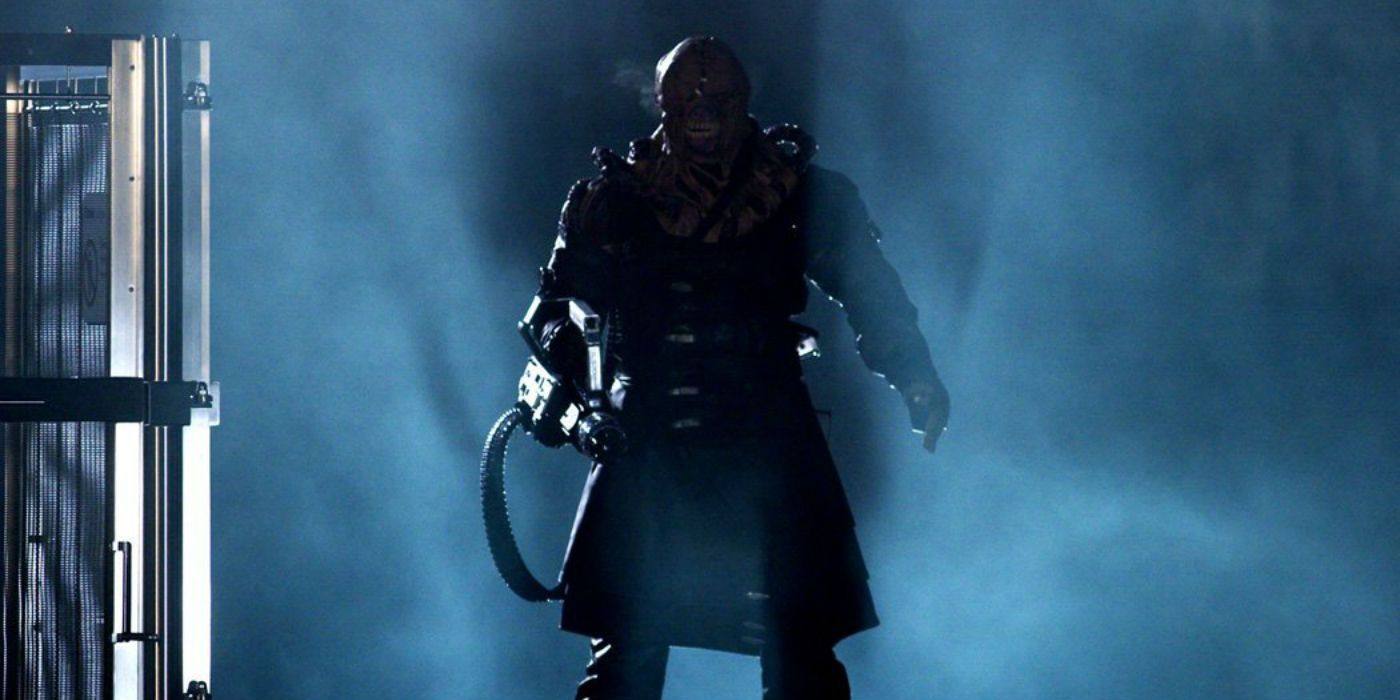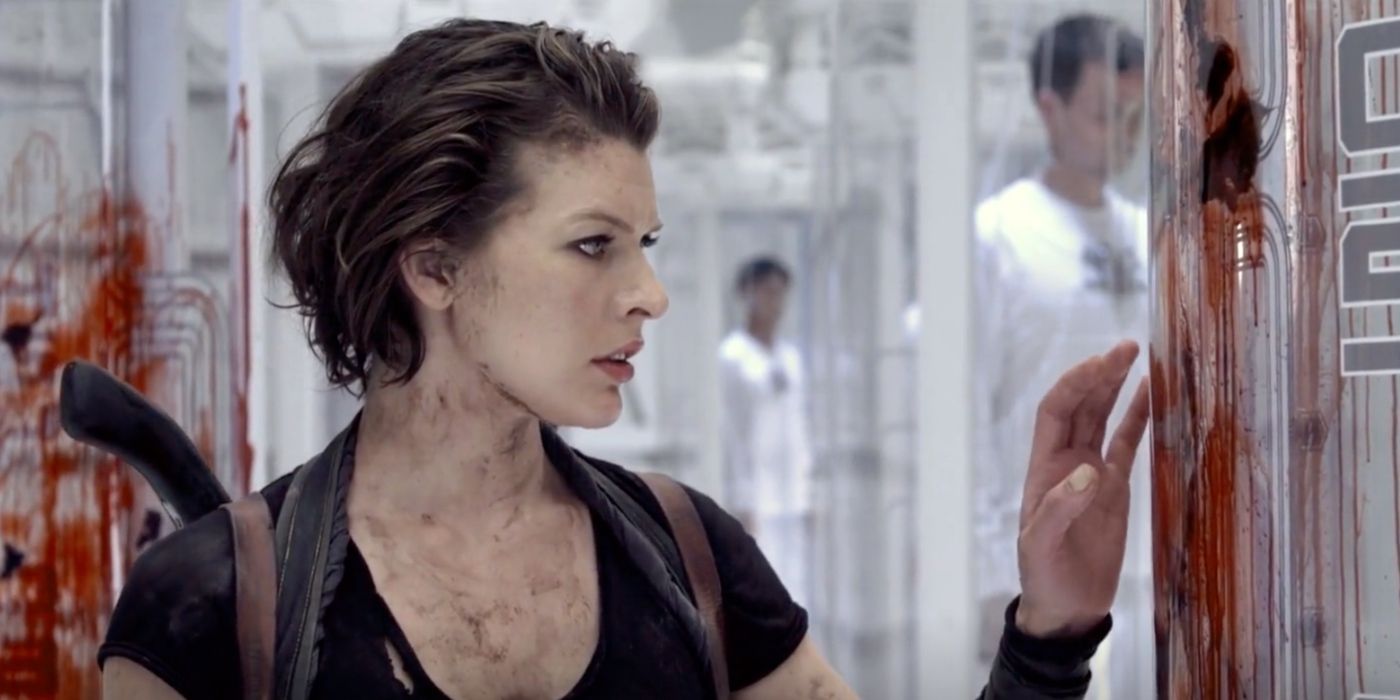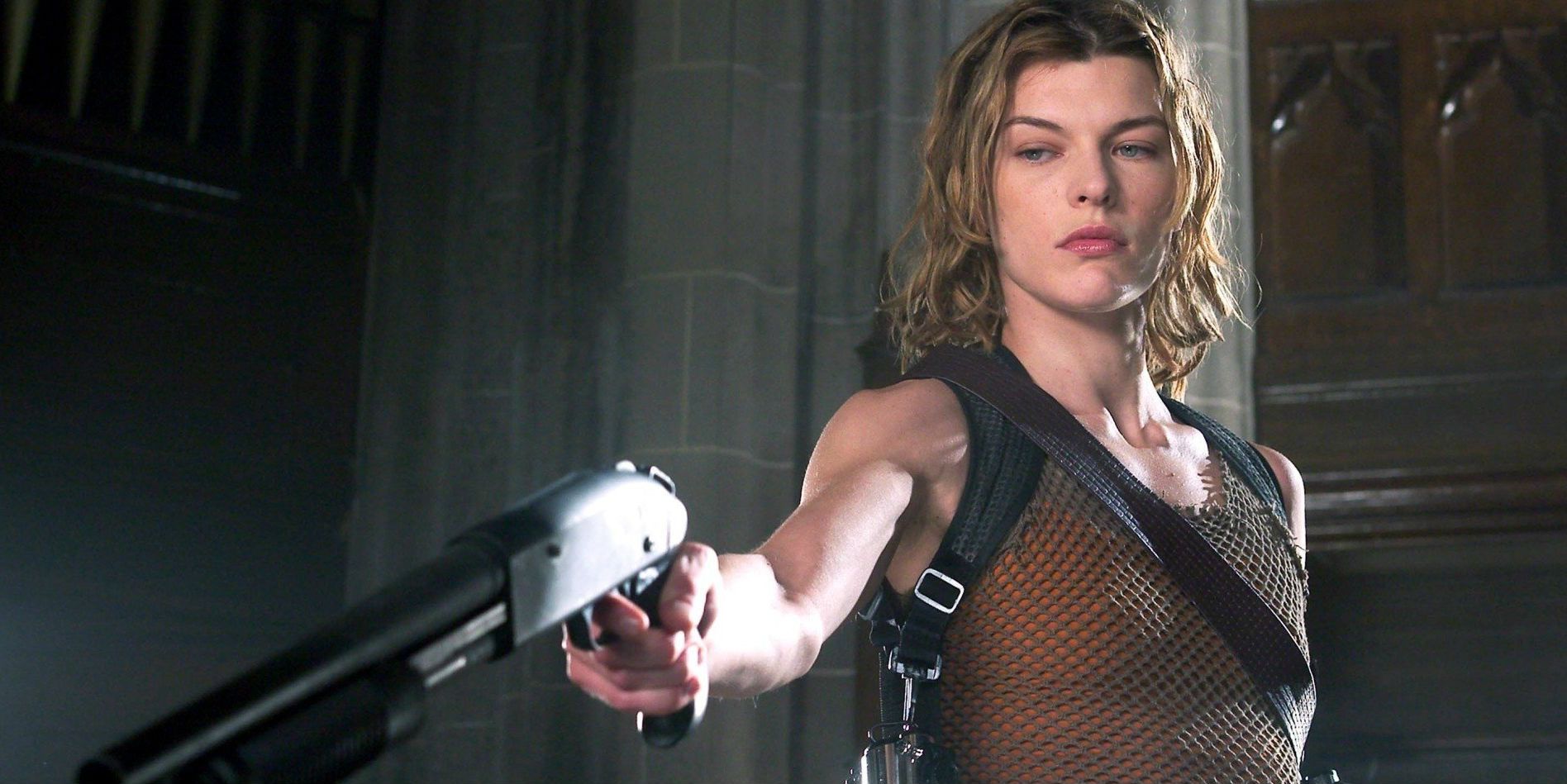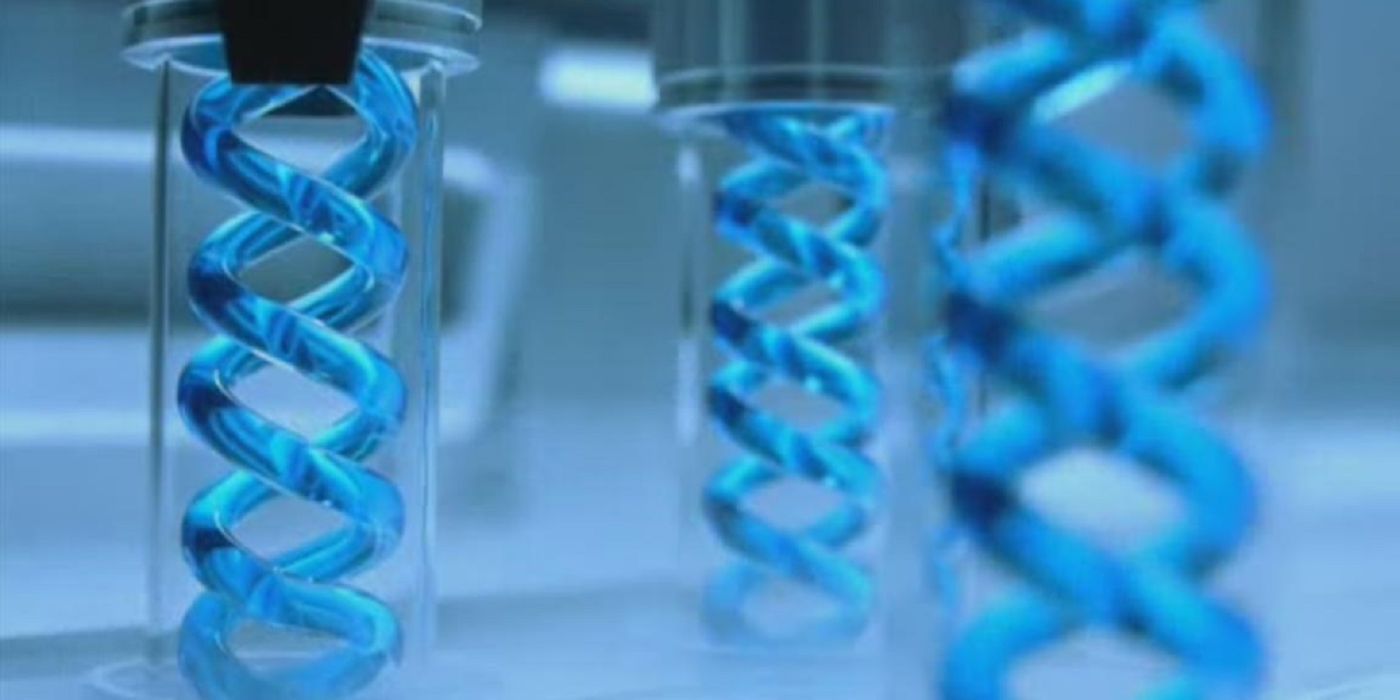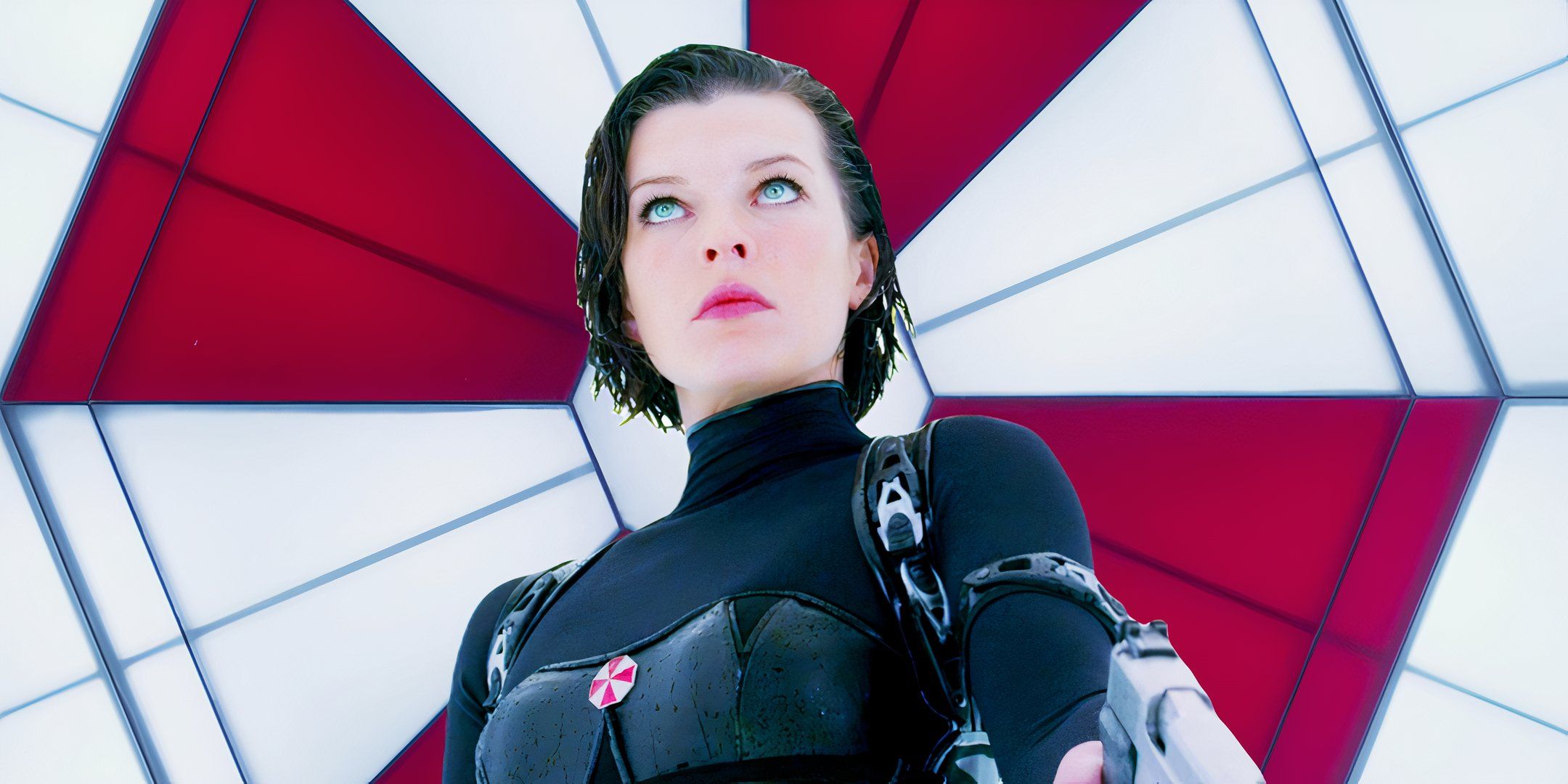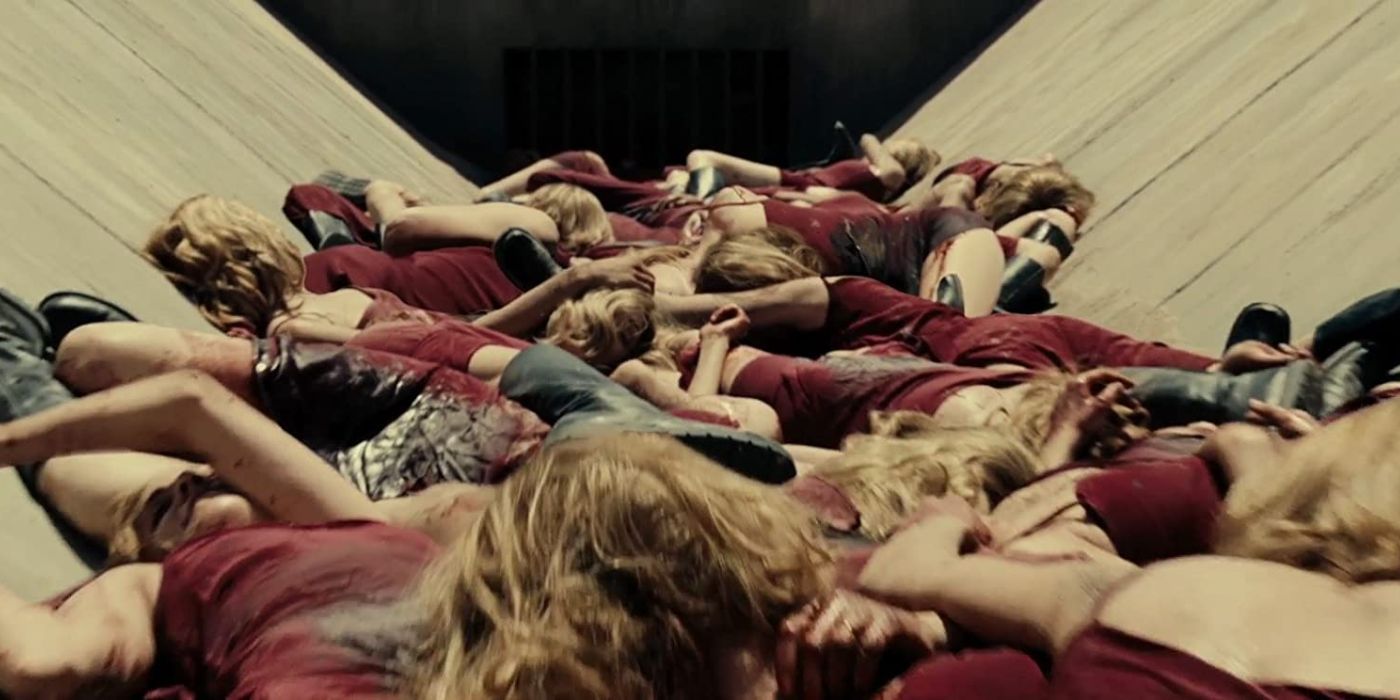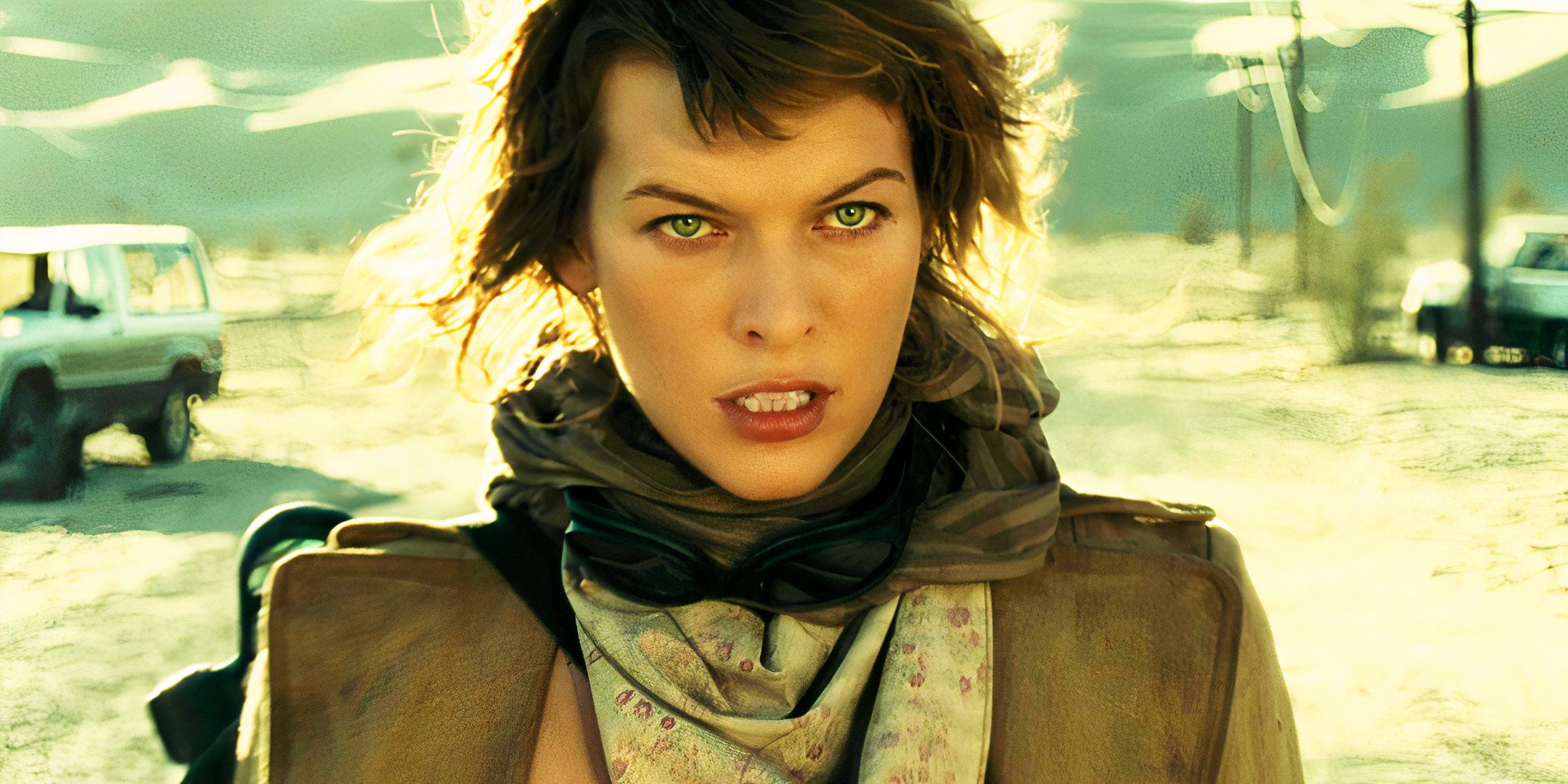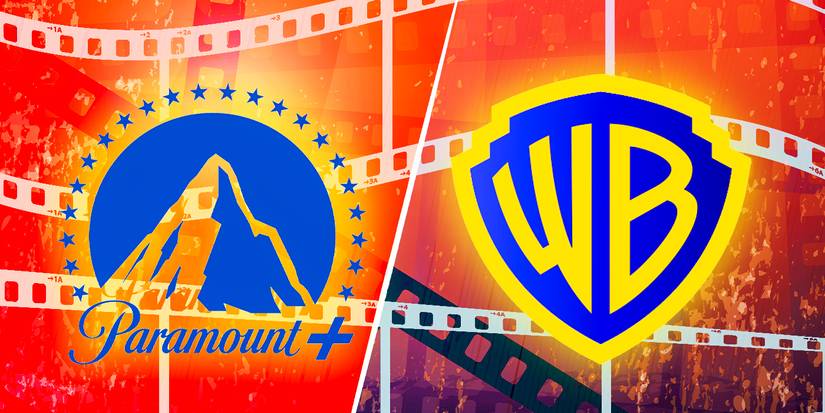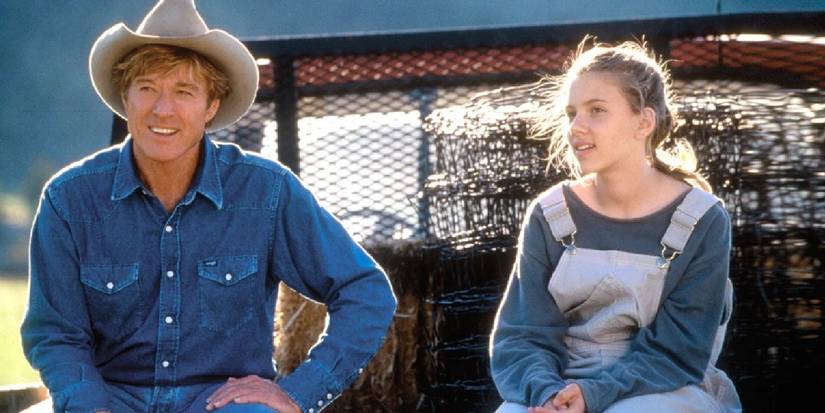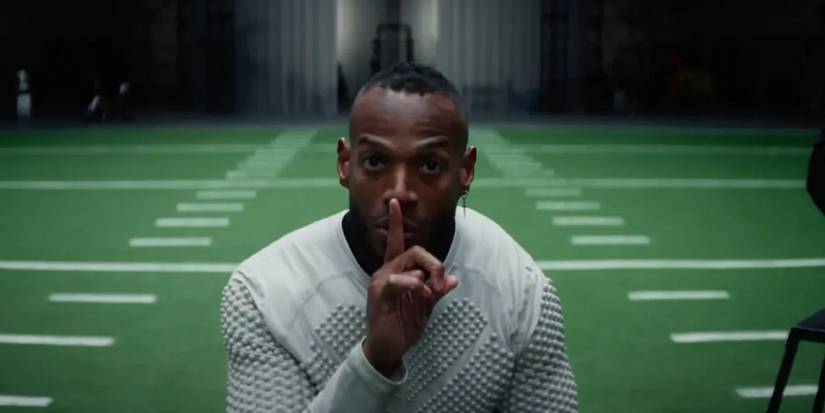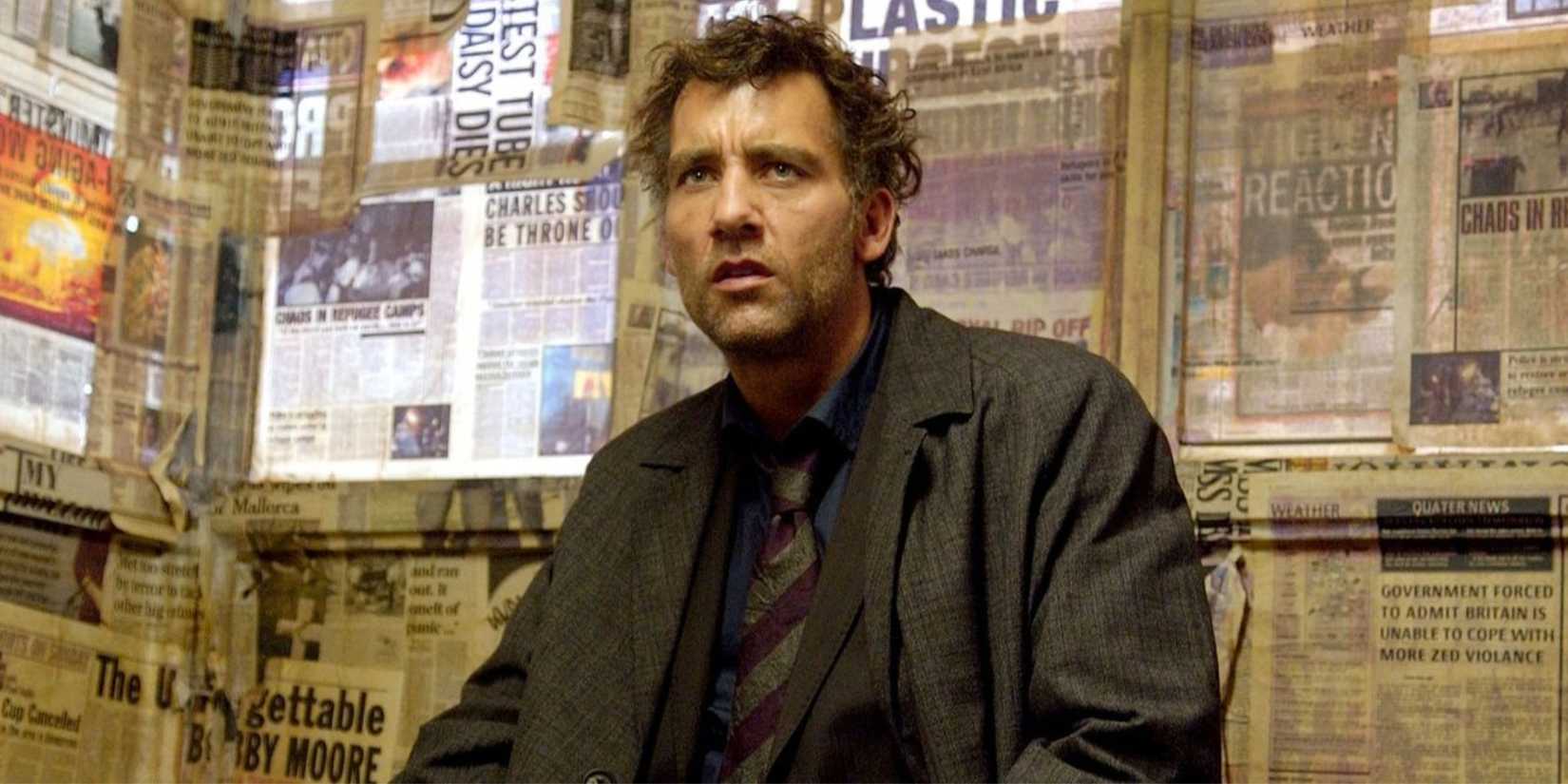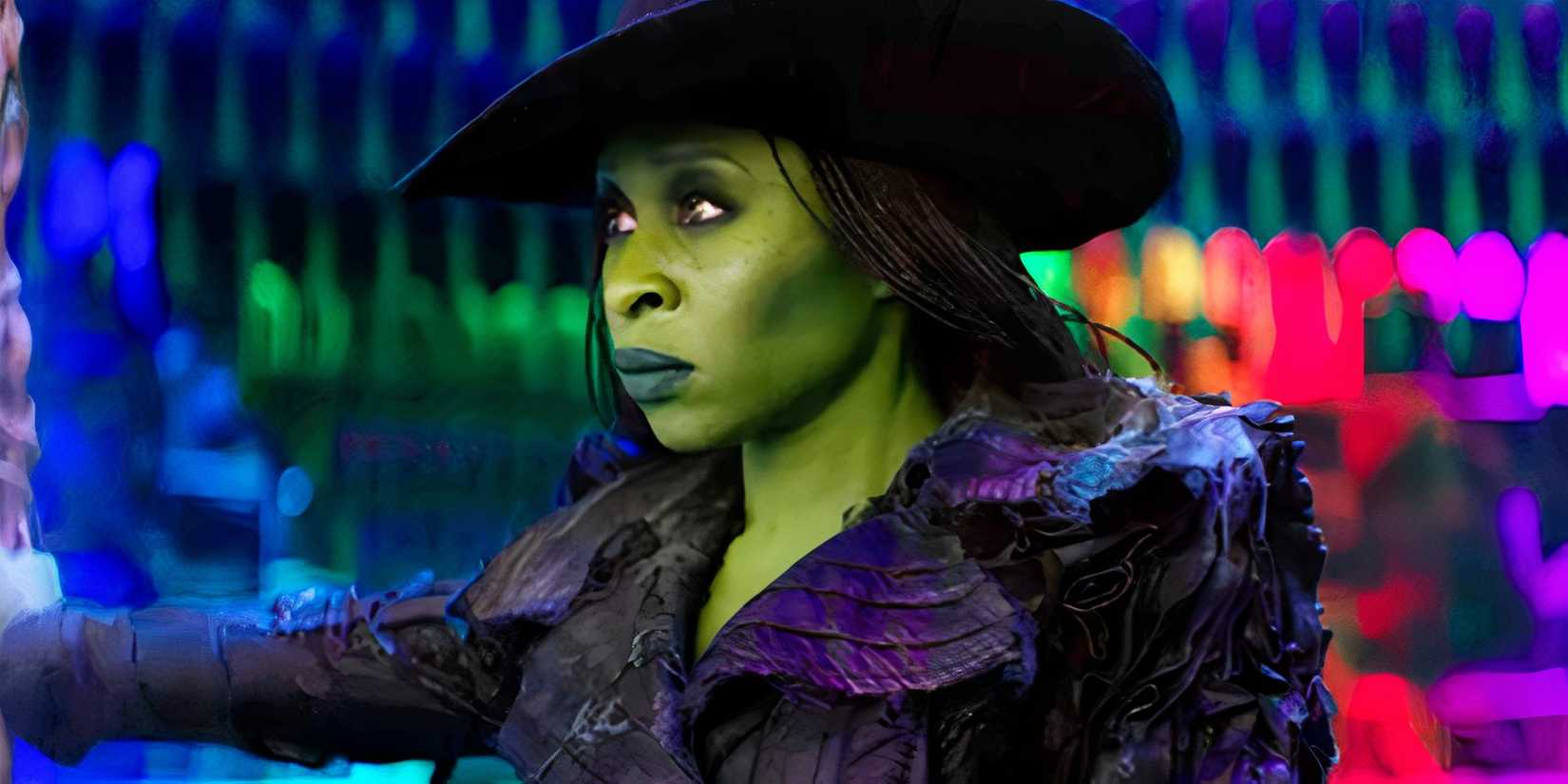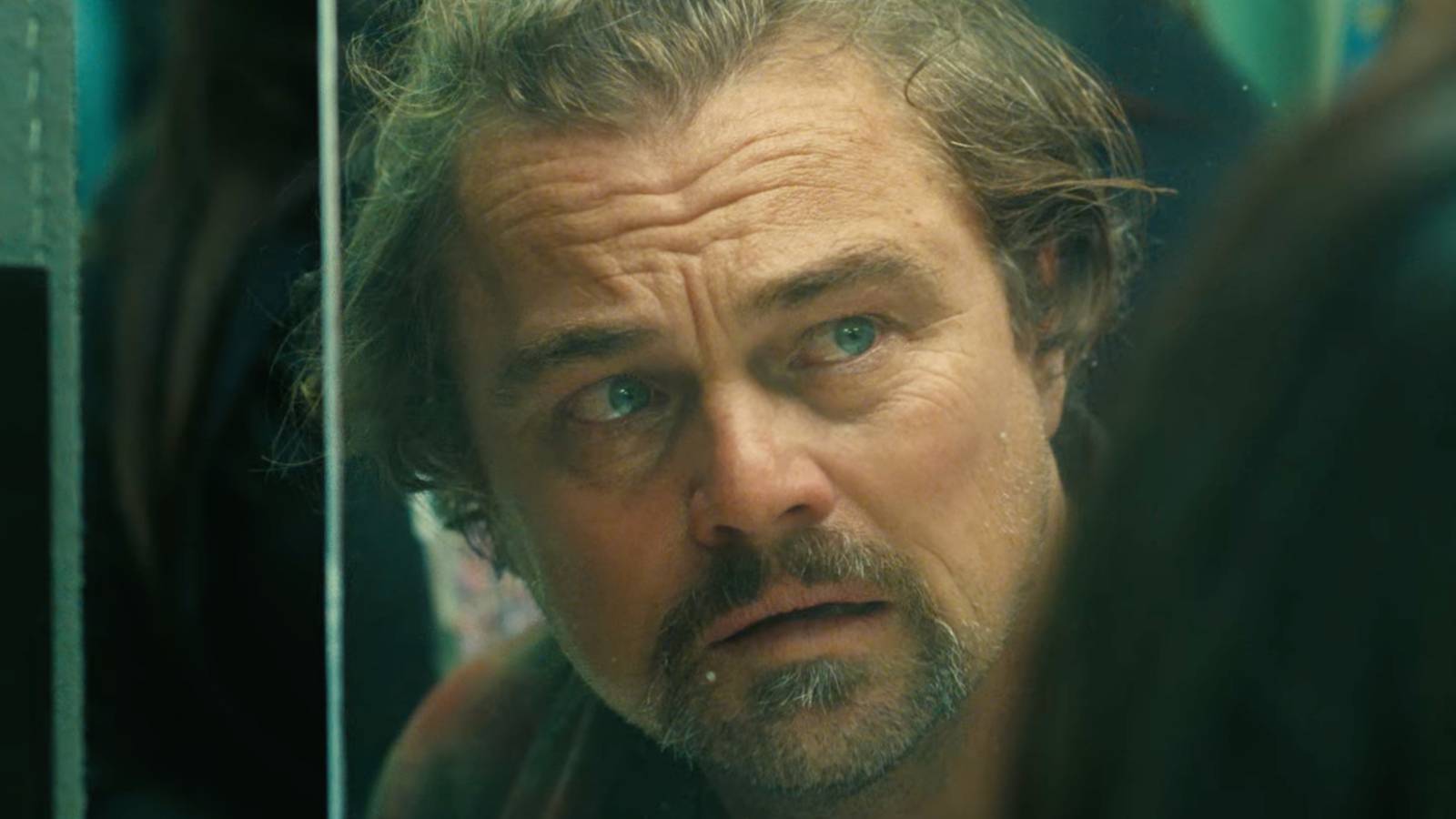As the Resident Evil film franchise teeters on the precipice of a reboot, the next iteration of the series will have to look to the past in order to learn from old mistakes. Based on the hit Capcom horror game series of the same name, the Resident Evil films are popular moneymakers, earning a cumulative $1.2 billion at the box office.
As financially lucrative as they have been, the movies have many problems standing in the way of critical success. Not a single installment in the series has earned a Fresh score on Rotten Tomatoes, with the highest score being a paltry 38% for 2016’s Resident Evil: The Final Chapter.
|
Movie |
Rotten Tomatoes Score |
|---|---|
|
Resident Evil (2002) |
36% |
|
Resident Evil: Apocalypse (2004) |
18% |
|
Resident Evil: Extinction (2007) |
24% |
|
Resident Evil: Afterlife (2010) |
21% |
|
Resident Evil: Retribution (2012) |
28% |
|
Resident Evil: The Final Chapter (2016) |
38% |
|
Resident Evil: Welcome to Raccoon City (2021) |
30% |
In 2026, the franchise will get a fresh start under the direction of Zach Cregger. Hopefully, the upcoming Resident Evil reboot will be able to learn from the errors of Paul W.S. Anderson’s franchise, as well as the ill-fated 2021 reboot, to finally adapt the revered games in the manner they deserve.
8
The Resident Evil Movies Have Next To Nothing To Do With The Games
Barring The 2021 Reboot
The most obvious and striking problem with the Resident Evil films as a concept is that they can hardly be considered an adaptation of the games at all. While some key proper nouns remain the same, such as the Umbrella corporation, the T-Virus, Wesker, and Raccoon City, the stories themselves are usually entirely divorced from the source material.
This is especially disappointing for those who love the games and were eager to see its most exciting elements get translated to the big screen. Though video game adaptations were cursed for some time, recent years have shown they can be done right in a way that retains the spirit of the source material fans love so much.
There are a few mild exceptions, such as the 2021 reboot Resident Evil: Welcome to Raccoon City, which stays relatively true to the first and second games. If the latest attempt at a movie reboot can do the same while improving other key areas, it’ll be in a great position to go down in history as one of the best video game movie adaptations ever.
7
Too Much Action, Not Enough Horror
Tension Is Hard To Come By In The Resident Evil Films
The Resident Evil franchise has always been a merger of horror and action elements, with the games allowing the player to fight back, albeit with limited resources and clear segments of powerlessness. The movies, on the other hand, are grandiose action spectacles that have little in the way of suspense or genuine terror.
Beyond some nasty-looking T-Virus monsters, the Resident Evil films hardly qualify as horror movies, allowing Alice to acrobatically fight through huge waves of monsters and gun down entire armies of soldiers. The upcoming reboot would be wise to remember the franchise’s horror roots and adjust the tone accordingly.
6
The Terrible Performances
Drama Isn’t Paul W.S. Anderson’s Strong Suit
One consistently awful throughline of the Resident Evil films is the generally weak performances turned in by the lead characters. It’s not that the cast who make up the films are bad actors on their own, pulling through in other projects, but their bad direction and stiff dialogue leads to some positively wooden performances.
In addition to Milla Jovovich, the movies also starred Iain Glen, Michelle Rodriguez, and Ali Larter, among others.
Less emphasis on action or presentation, and more of an emphasis on punchy character work that actually leads the audience to care about who they’re watching would go a long way for the upcoming Resident Evil film. Considering the previous movies featured some of the worst performances in cinema history, it shouldn’t be a high bar to clear.
5
The Weak Character Development
Goes Hand-In-Hand With A Lack Of Stakes
A huge contributor to multiple other issues, including weak horror moments and terrible performances, is the overall poor grasp of character the Resident Evil films have. Many of the heroes and villains of the films pale in comparison to their game counterparts, who positively ooze personality compared to the forgettable vessels used in cinema.
Stronger, better-developed characters will go a long way towards improving many other aspects of the series for the latest attempt at a Resident Evil reboot. If new director Zach Cregger’s other horror films, like Barbarian or the upcoming Weapons, are anything to go by, the franchise will see huge progress in this regard.
The success of franchises like the Marvel Cinematic Universe and Star Wars have often been built on strong characters that audiences have been able to grow attached to. Resident Evil should craft a strong ensemble of its own to pull in viewers, especially those who may not be familiar with the games.
4
The Uneven Quality Of Special Effects
The Series’ CGI Is Inconsistent, To Say The Least
First premiering all the way back in 2002 with the first film, the Resident Evil movies have had a long, arduous relationship to special effects. Some sH๏τs have aged better than others, and while it may be unfair to hold a CGI creature from 2002 to today’s standards, it irrevocably alters the films’ ability to age well.
But it isn’t just the T-Virus mutants that are failed by the special effects team of the franchise, as Resident Evil: Extinction infamously airbrushed Jovovich’s face with eerie-looking post-production filters. Ideally, a bigger budget and more honed artistic sensibilities will help the digital creations of the upcoming Resident Evil reboot stand out in a good way.
3
The Movies Are Too Much Of A Star Vehicle For Milla Jovovich
Her Character Goes On A Baffling Journey That She Doesn’t Quite Earn
At the heart of many of the Resident Evil films’ issues, from the stock performances to their estranged relationship with the story of the games, is the fact that most of the movies are essentially one big love letter from Paul W.S. Anderson to his wife, Milla Jovovich. Continuously casting Jovovich as the immovable star of the franchise has done more harm than good.
Alice is inexplicably brought back, cloned, and given superhuman powers, all in the name of maintaining Jovovich’s top spot as the series’ immovable heroine. While it’s a sweet sentiment in a way, Anderson’s blind personal admiration for Jovovich’s Alice caused a ripple effect of many other problems that went on to plague the films, keeping them stale over time.
2
The Resident Evil Films Had No Plan For A Series
Made Clear By The Sudden And Abrupt Changes In Plot And Setting
One of the gravest sins the Resident Evil movies commit as a franchise is the clear lack of any cohesive vision for the future, starting from the original Resident Evil in 2002. When the monetary return made sequels inevitable, it quickly became clear that Anderson was flying by the seat of his pants via the narrative whiplash of the subsequent films.
From myriad plot holes to awkward retcons revealing past characters were clones the entire time, the overarching narrative of the Jovovich movies is an unfettered mess. To be fair, the sprawling lore of the Resident Evil games can be just as convoluted, but the newest movie needs to have a more concrete plan for sequels to begin with to succeed.
Recent years have seen major franchises falter because they didn’t have strong plans pushing them forward. Star Wars is perhaps the most notable, but even Fantastic Beasts and Fast & Furious found themselves running into narrative roadblocks that caused their stories to either stall or halt entirely.
1
The Resident Evil Films Went Apocalyptic Way Too Fast
The Franchise Truly Needed To Stay Smaller-Scale
The Resident Evil games may have slowly incorporated plots that threatened the entire world as time went on, but the movies were content to turn the planet into a post-apocalyptic hellscape by the third movie. Enter Resident Evil: Extinction, which sees the T-Virus spread out of hand to destroy civilization.
This essentially jumped the shark for the movies far too fast, writing the already messy narrative into a corner for the next films to inhabit. The post-apocalyptic setting may be a fun temptation, but the new Resident Evil film would be better off giving the series room to grow with smaller stakes to begin with.
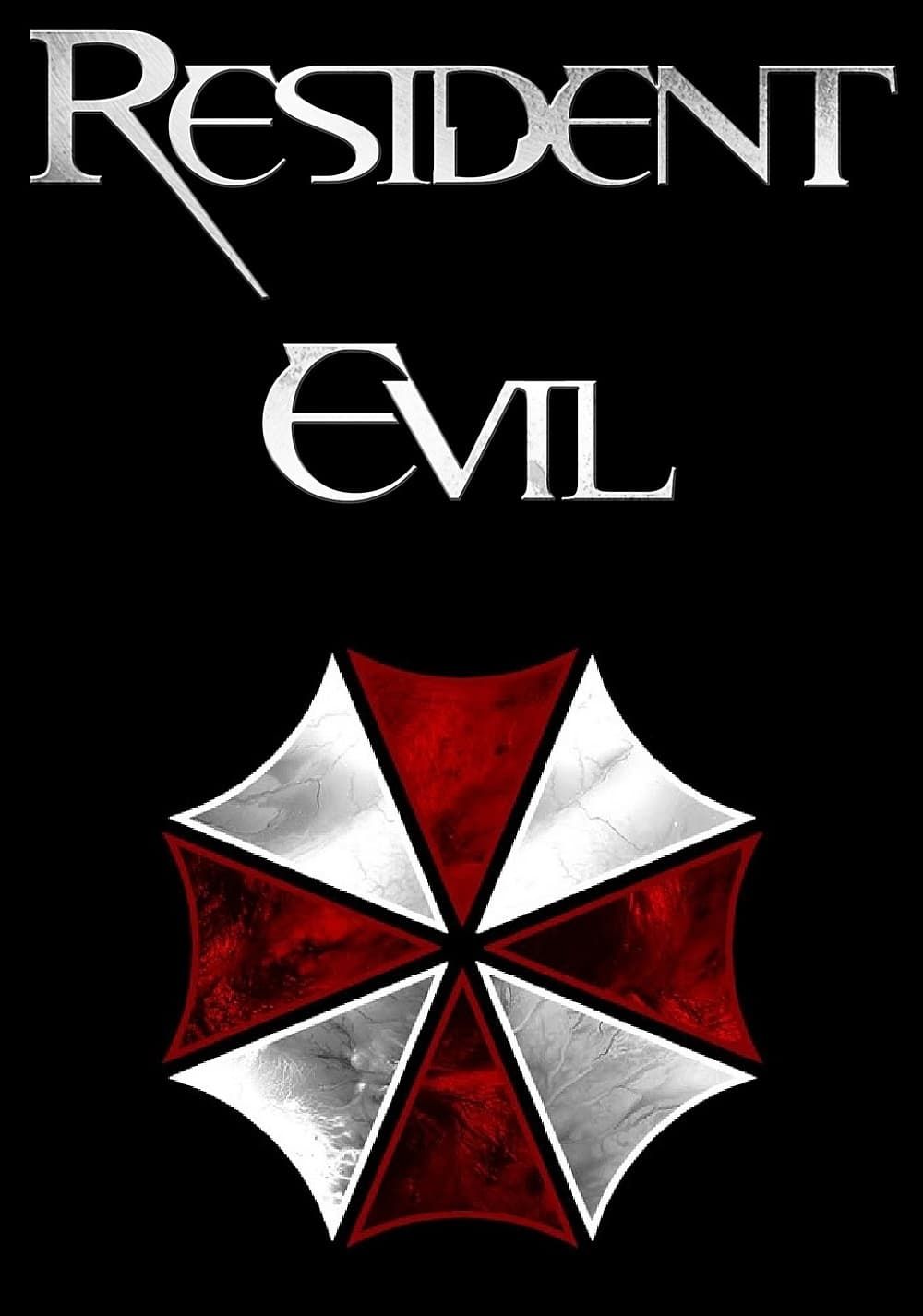
Resident Evil
- Created by
-
Shinji Mikami, Tokuro Fujiwara
- First Film
-
Resident Evil
- Latest Film
-
Resident Evil: Welcome to Raccoon City
- First TV Show
-
Resident Evil: Infinite Darkness
- Latest TV Show
-
Resident Evil
- First Episode Air Date
-
July 8, 2021
